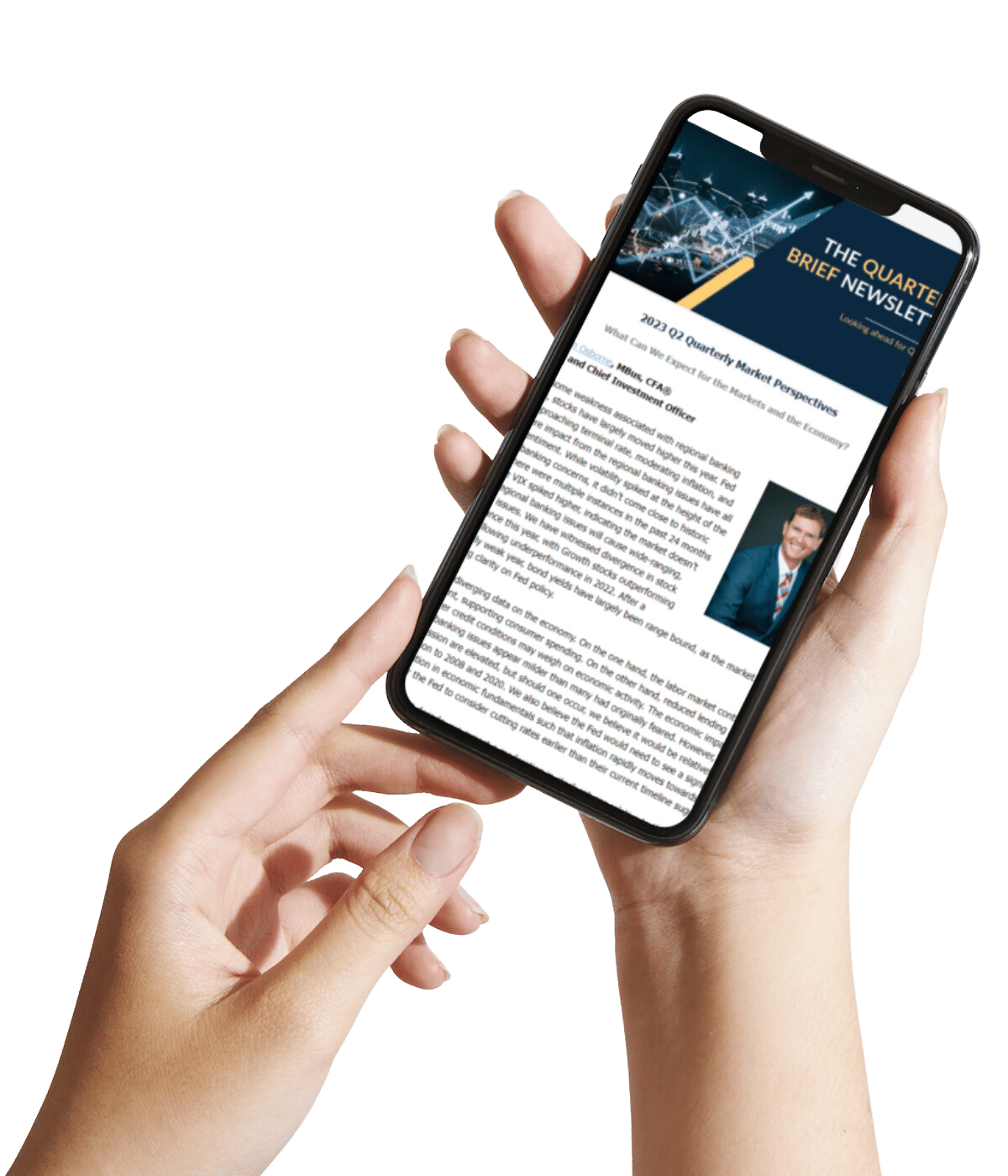
In the ever-evolving landscape of college financial aid, staying informed about the latest changes can significantly impact your educational planning. A recent development has emerged that could prove to be a game-changer for families seeking ways to fund higher education. The updated Free Application for Federal Student Aid (FAFSA) form will no longer consider pretax contributions to your retirement accounts as income in the formula that measures a family’s ability to pay for college. This change potentially offers you more financial assistance for college expenses.
Let’s delve into the details of how boosting your 401(k) savings can have a positive impact on your college financial aid eligibility.
The FAFSA Update: A Closer Look at the New Form
The FAFSA form has long been the gateway to federal and state financial aid for college-bound students. It assesses your family’s financial situation to determine your Expected Family Contribution (EFC), which plays a pivotal role in awarding financial aid packages.
The new FAFSA, which comes out in December, is much shorter than previous versions, and questions about untaxed payments to tax-deferred pension and retirement savings plans have been removed. The changes are designed to simplify the process and are significant because they recognize the importance of saving for retirement while pursuing higher education goals. As a result, higher 401(k) contributions may lead to a lower EFC, potentially opening the door to more financial aid.
Leveraging Your 401(k) for College Financial Aid
Here’s how you can strategically use your 401(k) savings to your advantage:
- Maximize Contributions: Consider increasing your 401(k) contributions if your budget allows. Not only does this help secure your retirement, but it can also lower your EFC, increasing your chances of receiving more financial aid for your college-bound student.
- Timing Matters: Be mindful of the timing of your contributions. Contributions made in the base year (the year before the academic year for which you’re seeking aid) can have the most impact on your EFC. FAFSA collects tax information from two years prior to the year of the application.
- Consult a Wealth Advisor: Seeking guidance from a wealth or financial advisor, like Mission Wealth, is crucial. Financial experts can help you navigate the complexities of retirement planning and college funding to ensure you make informed decisions.
The Mission Wealth Advantage
The recent FAFSA form changes represent a unique opportunity for families to align their retirement savings and college funding goals. By strategically boosting your 401(k) contributions and seeking expert advice from Mission Wealth, you can enhance your eligibility for financial aid while securing your financial future.
As a trusted wealth management firm, Mission Wealth is committed to helping you make the most of these changes in college financial aid. Our experienced financial advisors understand the intricate relationship between your retirement savings and your child’s educational future.

Mission Wealth Can Help You Retire with Confidence
This may be your first time retiring, but it's not ours. Careful coordination is required to ensure your retirement income strategy is tax-efficient and sustainable. You will face many decisions when retiring. Let us guide you through your options and create a plan.
Mission Wealth’s vision is to provide caring advice that empowers families to achieve their life dreams. Our founders were pioneers in the industry when they embraced the client-first principles of objective advice, comprehensive financial planning, coordination with other professional advisors, and proactive service. We are fiduciaries, and our holistic planning process provides clarity and confidence. For more information on Mission Wealth, please visit missionwealth.com.
To schedule a complimentary meeting with a Mission Wealth financial advisor, contact us today at (805) 882-2360.
Mission Wealth is a Registered Investment Advisor. This commentary reflects the personal opinions, viewpoints, and analyses of the Mission Wealth employees providing such comments. It should not be regarded as a description of advisory services provided by Mission Wealth or performance returns of any Mission Wealth client. The views reflected in the commentary are subject to change at any time without notice. Nothing in this commentary constitutes investment advice, performance data, or any recommendation that any particular security, portfolio of securities, transaction, or investment strategy is suitable for any specific person. Any mention of a particular security and related performance data is not a recommendation to buy or sell that security. Mission Wealth manages its clients’ accounts using a variety of investment techniques and strategies, which are not necessarily discussed in the commentary. Investments in securities involve the risk of loss. Past performance is no guarantee of future results.
Let's Keep in Touch!
Subscribe for exclusive content and timely tips to empower you on your financial journey. Our communications go straight into your inbox, so you'll never miss out on expert advice that can positively impact your life.Recent Retirement Articles

6 Financial Steps to Take if You’ve Been Impacted by a Corporate Layoff
September 4, 2025
Holding On to These Moments: Allyn’s Retirement Story
August 27, 2025


